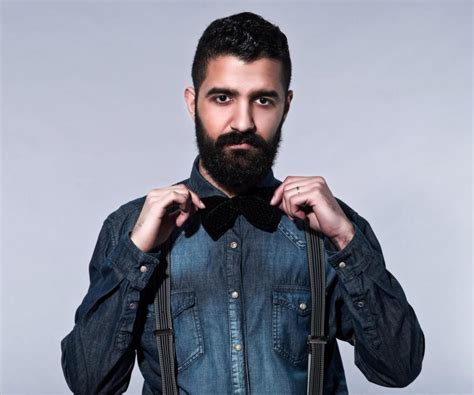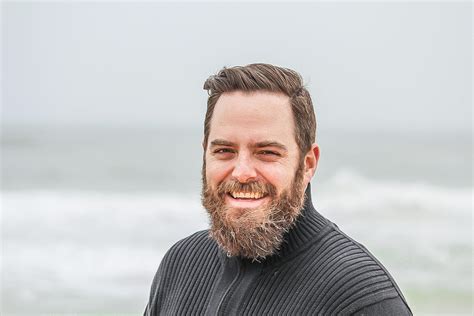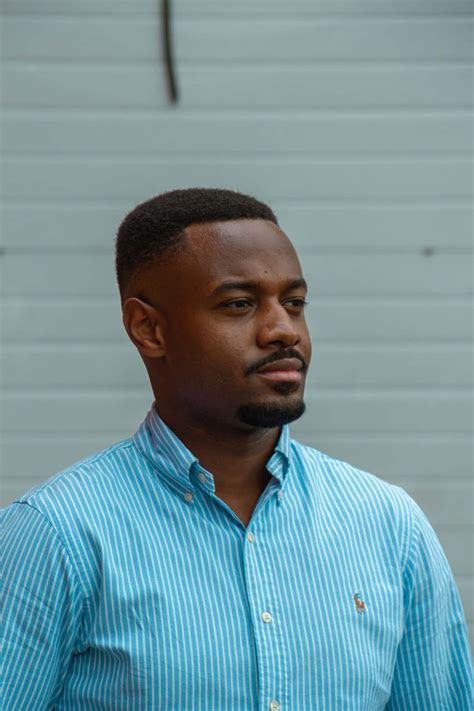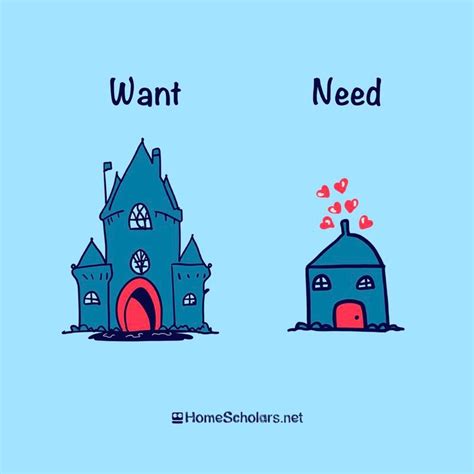The Invisible Tug-of-War: Duty vs. Desire
For many men, life is a constant negotiation between two powerful, often opposing forces: the profound internal sense of responsibility and the equally potent yearning for personal freedom and authentic emotional expression. This isn’t merely a philosophical dilemma but a lived reality that shapes decisions, influences relationships, and impacts mental well-being. From an early age, societal narratives and personal experiences often imbue men with a strong sense of duty – to provide, to protect, to be reliable, and to remain stoic in the face of adversity.
The Weight of Responsibility: A Silent Burden
This ingrained sense of responsibility often manifests as a deep commitment to family, career, and community. Men are frequently seen as the bedrock, the providers, the problem-solvers. This role, while honorable, can become a heavy burden. The constant pressure to meet expectations, uphold obligations, and ensure stability can lead to a feeling of being trapped, with little room for personal exploration or spontaneous pursuits. Every decision can feel weighed down by its potential impact on others, leaving the man to prioritize external duties over internal desires.

The Suppressed Self: When Emotions Take a Backseat
Hand-in-hand with responsibility often comes the societal expectation for men to suppress their emotions. Expressing vulnerability, fear, or even profound sadness can be perceived as a weakness that might compromise their ability to fulfill their responsibilities. This leads to an emotional stoicism, where feelings are compartmentalized or denied, rather than processed and expressed. The desire to maintain an image of strength and control, essential for carrying the weight of duty, often directly conflicts with the human need for emotional release and genuine connection.
This suppression doesn’t make emotions disappear; it merely forces them underground, where they can fester and manifest as stress, anxiety, anger, or even physical ailments. The man who feels he must always be strong finds it incredibly difficult to admit when he is struggling, further isolating him in his internal battle.

The Allure of Freedom: A Whispering Call
Despite the pervasive call of duty, the desire for personal freedom remains a fundamental human need. This includes the freedom to pursue hobbies, travel, explore new identities, make spontaneous decisions, or simply have unstructured time for self-reflection. It’s the longing for autonomy, for a life lived on one’s own terms, unburdened by external pressures. For men deeply entrenched in responsible roles, this desire can feel like a luxurious, almost selfish, indulgence.
The conflict intensifies when a man feels that pursuing his personal passions or expressing his true self would somehow detract from his ability to be responsible, or worse, be seen as irresponsible. This internal friction can lead to feelings of resentment, unfulfillment, or a perpetual state of ‘what if?’

Navigating the Labyrinth: Finding Equilibrium
Resolving this conflict isn’t about choosing one over the other but about finding a harmonious integration. It requires a conscious effort to redefine what responsibility means, moving beyond mere obligation to include responsibility to oneself. It also involves challenging deeply ingrained societal norms about masculinity and emotional expression.
Strategies for achieving this balance include:
- Self-Awareness: Recognizing and acknowledging one’s own desires and emotions, rather than suppressing them.
- Setting Boundaries: Learning to say no to additional responsibilities when one’s personal well-being is at stake.
- Delegation: Understanding that responsibility can be shared and that seeking help is a sign of strength, not weakness.
- Intentional Freedom: Actively carving out time for personal interests and emotional processing, treating it as an essential part of one’s overall well-being.
- Vulnerable Communication: Practicing open and honest communication about feelings and needs with trusted partners, friends, or a therapist.

Embracing Authenticity: A Path to Deeper Fulfillment
Ultimately, the journey involves embracing an authentic self that integrates both the responsible provider and the emotionally expressive, free-spirited individual. When a man can honor both aspects of his being, he doesn’t diminish his capacity for responsibility; instead, he enriches it with greater resilience, deeper empathy, and a more profound sense of personal fulfillment. This leads not only to a healthier individual but also to more robust and genuine relationships built on honesty and mutual respect.

Conclusion
The conflict between a man’s sense of responsibility and his desire for personal freedom or emotional expression is a complex, pervasive challenge rooted in both individual psychology and societal expectations. Recognizing this internal struggle is the first step towards resolving it. By consciously working to integrate these seemingly opposing forces, men can move beyond a life dictated solely by duty towards one that is rich in purpose, freedom, and authentic emotional well-being, ultimately becoming more complete and resilient individuals.




